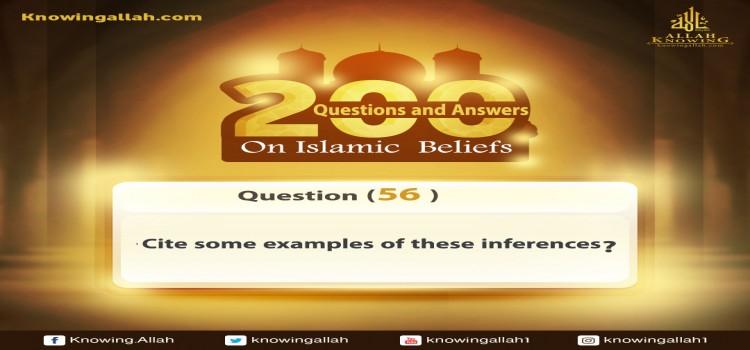Two good examples
Two good examples
The First Example: Imagine if a man who went to his doctor and the doctor said to him “You are infected with cancer.
Then he went to another doctor, who said, “You have no cancer. What would he do? Would he risk himself and choose the first because he does not like to be told that? Should he say: I would prefer to take the word of the second doctor because the first claimed that I am sick, while the second said I am all right and I do not like to be told I am sick. Or would he try to find out more and then take the advice of the doctor whose
opinion was closest to the truth?
And if each of them prescribed different medicine for him, would he stick with the doctor whose medicine was cheaper and easier to find? Or would he make his own inquiries, and that do not require him to be a doctor? Why don’t we do the same when we are confronted in the matter of religion by a contradiction between two schools of jurisprudence? If we are truly as vigilant for our welfare in the Hereafter as we are vigilant for our health, we will choose for ourselves that which appears to be the closest to the truth and the most correct.
-----------------------------------
(60) Madh-hab: Is a school of thought whether legal or philosophical.



